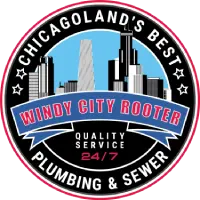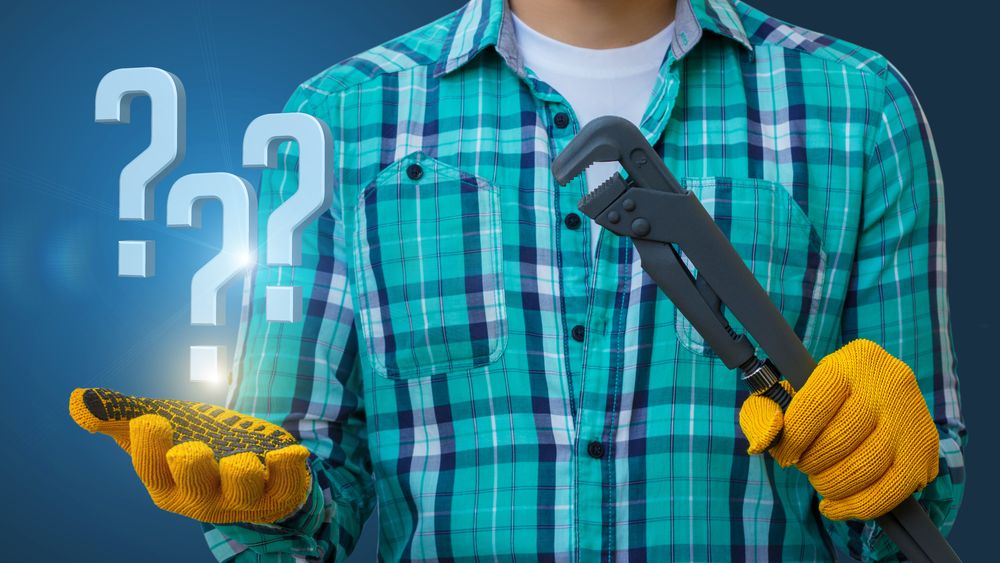Plumbing is one of the major systems in a home. As a new homeowner, you’ve probably asked yourself several questions already about the plumbing. Keep in mind regular maintenance of the plumbing system can extend the life of the equipment. It will also improve the cost of energy used in the household. Here are a few things you need to know so that you can enjoy trouble free plumbing.
1. Why is flushing my toilet so noisy?
The noise is caused by restricted water flow when the tank refills. You’ll need to check the main shutoff valve to the tank. Make sure it’s completely opened. The ballcock assembly regulates the water filling into the tank. If parts are damaged or worn it prevents the ballcock from operating properly. You may need to replace the parts or the entire assembly.
2. How do you avoid frozen pipes?
Severe cold weather causes water to freeze and expand bursting the pipes. Pipes inside the house close to the exteriors walls where there is no heat that needs to be insulated to avoid freezing. Before the cold weather hits, drain the pool, sprinklers and water spigots. Keep the outside values open so the remaining water can drain out. Then close the interior shut off valve leading to the faucets and install a faucet insulator.
3. What’s the difference between hard water and soft water?
Falling rain starts out as soft water. When it hits the ground it picks up minerals – chalk, lime, calcium, and magnesium and becomes hard water. Over time hard water builds scale deposits clogging the pipes and preventing the flow of water. Additives are used to convert hard water into soft water. The most noticeable differences are the suds. Soft water lathers better without leaving hard water spots. Soft water also uses less soap or detergents.
4. What can I put down the garbage disposal?
Always use cold water when operating the disposal. Coldwater keeps the oils in foods from solidifying. It’s easier for the disposal to chop up the food and move it through the pipes. Cut large pieces into smaller portions before putting them into the disposal. It prevents the blades from jamming. Avoid coffee grinds. They accumulate in the pipes blocking the water flow.
5. Why do I keep having drainage backups and problems?
There may be solid material in the pipe causing the clog. Hair, grease, or paper products in the drain systems are usually the cause. Tree roots are notorious for growing around the pipes and crushing them. Structural damage to the pipes caused by age or exterior damages blocks the flow of water. Heavy rains or melting snow can also overload drain capacities causing the back-ups.
6. Why do I hear noises such as banging and rattling in my pipes?
A broken strap that holds the pipe in place causes the rattling noise as water moves through the pipe. You’ll need to locate the noise to re-strap and insulate the pipe. If the noise is coming from behind the wall – the wall needs to be opened. Check the water pressure. Pipes have PSI ratings. Too much pressure can cause noises or damage the piping.
7. Why do we run out of hot water so quickly?
Could be the number of users in the household using water at the same time? The water tank may also be too small to accommodate the household. The dip tube in a gas water heater could be broken. Electrical water tanks have a heating element that can burn out.
8. When showering, why does the water pressure drop, and what causes the temperature change when someone else turns on a faucet or flushes a toilet?
Each of these actions triggers the flow of water. The water distribution at the same time causes the water pressure to drop. One solution depends on the type of shower control valve. The valves can reduce or eliminate temperature fluctuations. Thermostatic mixing valves automatically balance the hot and cold water. It prevents drastic fluctuations in shower temperature when someone turns on a faucet or flushes the toilet.
9. How do I get rid of the bad taste in my water?
Home filtration systems can reduce the bad taste in hard water from the tap. These systems remove the chlorine and odor. Carbon filtrations help to remove the hydrogen sulfide that smells like rotten eggs. Reverse Osmosis water filtration systems also remove the chemicals from the tap water. Most systems are low maintenance.
10. Why does my toilet keep running?
After each flush, a lever opens the flapper in the tank. The flapper falls back into place when the water level drops. The flapper acts like a plug allowing the tank water to refill on each flush. If the chain is too long the flapper won’t open for a full flush. A short or tangled chain prevents the flapper from closing to refill the tank.
If a plumbing emergency strikes in your home, call the experts at Windy City Rooter!

